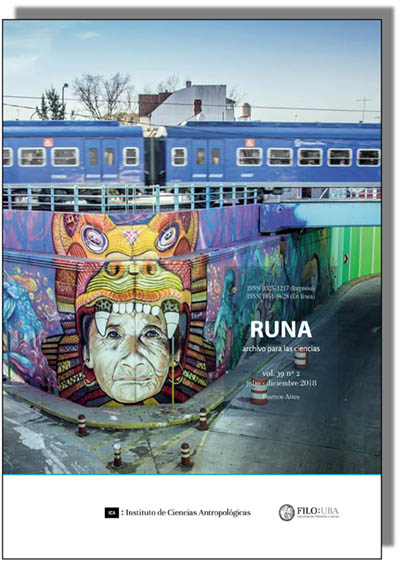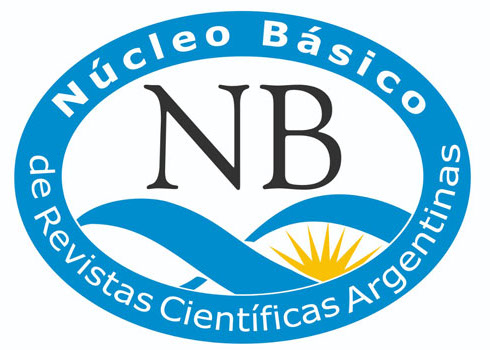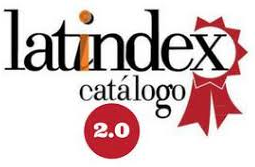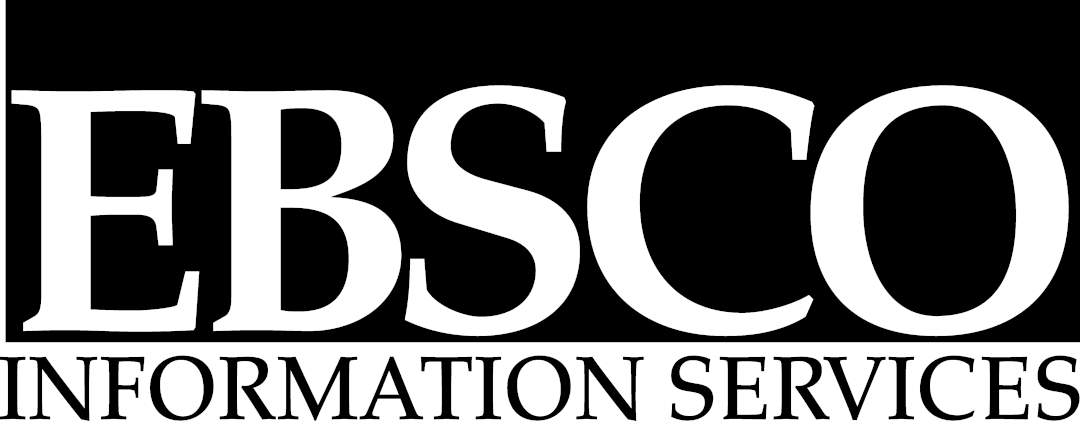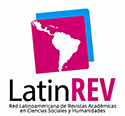Saberes simplificados, tecnociencia y omisión de riesgos. El caso de los organismos genéticamente modificados
Resumen
La tecnociencia ha sido asociada a importantes riesgos para el ambiente y la salud humana. A su vez, dichos riesgos han sido atribuidos a un desconocimiento científico acerca de los daños que pueden ser generados por la tecnociencia. En este trabajo argumentamos que, en lugar de estar asociado a un no-saber, otra fuente de riesgos puede proceder de una simplificación de elementos complejos del conocimiento científico. Así pues, considerando el caso de los organismos genéticamente modificados (OGM) de uso agrícola, nuestro análisis compara conceptualizaciones propias de la biotecnología con el conocimiento propio de la genética molecular disciplinar. Para ello se examina bibliografía especializada de una y otra área de conocimiento. Nuestros resultados muestran que el conocimiento asociado a OGM presenta una visión lineal y determinística en comparación con la complejidad presente en la genética molecular contemporánea. La complejidad no contemplada puede estar asociada a daños hacia el ambiente y las poblaciones.Descargas
Citas
Abir-Am, P. (1982). The Discourse of Physical Power and Biological Knowledge in the 1930s: A Reappraisal of the Rockefeller Foundation's Policy in Molecular Biology. Social studies of science, 12(3), 341-382.
Beck, U. 1998 [1986]. La sociedad del riesgo. Hacia una nueva modernidad. Barcelona: Paidós.
Beck, U. y Wehling, P. (2011). The politics of non-knowing: An emerging area of social and political conflict in reflexive modernity. En Baert, P., & Rubio, F. D. (Eds.). The Politics of Knowledge. (pp. 33-57). New York: Routledge.
Böschen, S., Kastenhofer, K., Marschall, L., Rust, I., Soentgen, J., & Wehling, P. (2006). Scientific cultures of non-knowledge in the controversy over genetically modified organisms (GMO): the cases of molecular biology and ecology. GAIA-Ecological Perspectives for Science and Society, 15(4), 294-301.
Bud, R. (2001). History of biotechnology. Encyclopedia of Life Sciences. doi:10.1038/npg.els.0003086
Crick, F. H. (1958). On protein synthesis. In Symp Soc Exp Biol, 12, 138-163
Cuevas, A. (2005). The many faces of science and technology relationships. Essays in Philosophy, 6(1), 3.
Duke, S. O. (2010). Glyphosate degradation in glyphosate-resistant and-susceptible crops and weeds. Journal of agricultural and food chemistry, 59(11), 5835-5841.
Echeverría, J. (2003). La revolución tecnocientífica. Madrid: Fondo de Cultura Económica de España.
El-Hani, C. N. (2007). Between the cross and the sword: the crisis of the gene concept. Genetics and molecular biology, 30(2), 297-307.
Fogle, T. (1990). Are genes units of inheritance?. Biology and Philosophy, 5(3), 349-371.
Fogle, T. (2000). The dissolution of protein coding genes in molecular biology. En Beurton P., Falk, R y Rheinberger, H.-J. (Eds.) The concept of the gene in development and evolution: Historical and epistemological perspectives. (pp. 3-25). Cambridge, United Kingdom: Cambridge University Press.
Griffiths, P. E., & Neumann-Held, E. M. (1999). The many faces of the gene. BioScience, 49(8), 656-662.
Griffiths, P. E., y Stotz, K. (2006). Genes in the postgenomic era. Theoretical medicine and bioethics, 27(6), 499-521.
Griffiths, P., y Stotz, K. (2013). Genetics and philosophy: An introduction. Cambridge, United Kingdom: Cambridge University Press.
Gross, M. (2007). The unknown in process: Dynamic connections of ignorance, non-knowledge and related concepts. Current Sociology, 55(5), 742-759.
Grupo de Reflexión Rural (2004). Contra encuentro Iguazú. Recuperado de: https://lae.princeton.edu/catalog/283a4fb6-2424-46de-ac38-32ceb3c1e6df#?c=0&m=0&s=0&cv=0&xywh=-371%2C0%2C5438%2C6418
Ho, M. W. (1998). Genetic engineering-dream or nightmare?: the brave new world of bad science and big business. Gateway Books.
Hottois, G. (1999). El paradigma bioético: una ética para la tecnociencia. Barcelona: Anthropos Editorial.
Huang, S. (2015). Limits to Deterministic-Linear Causality in Biomedicine: Effects of Stochasticity and Non-Linearity in Molecular Networks. En Bertolaso, M. (Ed.). The Future of Scientific Practice:'bio-techno-logos'. (pp. 41-64) London: Pickering & Chatto.
Japp, K. P. (2000). Distinguishing non-knowledge. Canadian Journal of Sociology/Cahiers canadiens de sociologie, 25(2), 225-238.
Kærn, M., Elston, T. C., Blake, W. J., & Collins, J. J. (2005). Stochasticity in gene expression: from theories to phenotypes. Nature Reviews Genetics, 6(6), 451-464.
Keller, E. F. (1992). Nature, nurture, and the human genome project. En Kevles, D. J., y Hood, L. E. (Eds.). The code of codes: Scientific and social issues in the human genome project. (pp. 281-299). Harvard University Press.
Keller, E. F. (2010). The mirage of a space between nature and nurture. Duke University Press.
Krimsky, S. (1982). Genetic alchemy. Cambridge, MA: Mit Press.
Krimsky, S., y Gruber, J. (Eds) (2013). Genetic explanations: sense and nonsense. Harvard University Press.
Kupiec, J. J., Gandrillon, O., Morange, M., & Silberstein, M. (2009). Le hasard au coeur de la cellule: probabilités, déterminisme, génétique. Paris: Syllepse.
Latour, B. (2001). La esperanza de Pandora: ensayos sobre la realidad de los estudios de la ciencia. Barcelona: Gedisa Editorial.
Levi, P. (2000). Los hundidos y los salvados. Barcelona: Muchnik Editores.
Lewontin, R. C. (2000). Genes, organismo y ambiente: Las relaciones de causa y efecto en biología. Barcelona: Editorial Gedisa.
Lewontin, R. C. (2001). It ain't necessarily so: The dream of the human genome and other illusions. New York, United States of America: New York Review of Books.
Linares, J. E. (2008). Ética y mundo tecnológico. México: Fondo de Cultura Económica
Meyer, L. M. N., Bomfim, G. C., y El-Hani, C. N. (2013). How to understand the gene in the twenty-first century?. Science & Education, 22(2), 345-374.
Mocase-Vía Campesina (2008). Paro en el campo: comunicado del Mocase-Vía Campesina. Recuperado de: http://anred.org/spip.php?breve3325
Morange, M. (2008). What history tells us XIII. Fifty years of the Central Dogma. Journal of biosciences, 33(2), 171-175..
Moss, L. (2004). What genes can't do. MIT press.
Neumann-Held, E. (1999). The gene is dead—Long live the gene: Conceptualizing genes the constructionist way. En Koslowski P. (Ed.). Sociobiology and bioeconomics: The theory of evolution in biological and economic thinking, (pp. 105–137). Berlin: Springer.
Niiniluoto, I. (1997). Ciencia frente a Tecnología: ¿Diferencia o identidad?. Arbor, 157(620), 285-299.
Noble, D. (2006). The music of life: biology beyond genes. Oxford University Press.
Oyama, S., Griffiths, P. E., & Gray, R. D. (Eds.). (2003). Cycles of contingency: Developmental systems and evolution. Mit Press.
Pengue, W. A., & Altieri, M. A. (2005). La soja transgénica en América Latina. Una maquinaria de hambre, deforestación y devastación socio ecológica. Ecología política, (30), 87-94.
Pestre, D. (2005). Ciencia, política y dinero. Buenos Aires: Nueva Visión.
Portin, P. (1993). The concept of the gene: short history and present status. The Quarterly Review of Biology, 68(2), 173-223.
Schlichting, C. D., & Pigliucci, M. (1998). Phenotypic evolution: a reaction norm perspective. Sinauer Associates Incorporated.
Stotz, K., Griffiths, P. E., y Knight, R. (2004). How biologists conceptualize genes: an empirical study. Studies in History and Philosophy of Science Part C: Studies in History and Philosophy of Biological and Biomedical Sciences, 35(4), 647-673.
Teubal, M. (2006). Expansión del modelo sojero en la Argentina. De la producción de alimentos a los commodities. Realidad económica, 220(2006), 71-96.
Waters, C. K. (1994). Genes made molecular. Philosophy of Science, 61(2), 163-185.
West-Eberhard, M. J. (1989). Phenotypic plasticity and the origins of diversity. Annual review of Ecology and Systematics, 20(1), 249-278.
Winner, L. (2008) [1986]. La ballena y el reactor. Barcelona: Gedisa Editorial.

Runa, archivos para las ciencias es una publicación del Instituto de Ciencias Antropológicas, Facultad de Filosofía y Letras, Universidad de Buenos Aires y se distribuye bajo una Creative Commons Attribution 4.0 International License..
Runa sostiene su compromiso con las políticas de Acceso Abierto a la información científica, al considerar que tanto las publicaciones científicas como las investigaciones financiadas con fondos públicos deben circular en Internet en forma libre, gratuita y sin restricciones.
Los contenidos y opiniones expresadas en los artículos publicados son de entera responsabilidad de sus autores.
